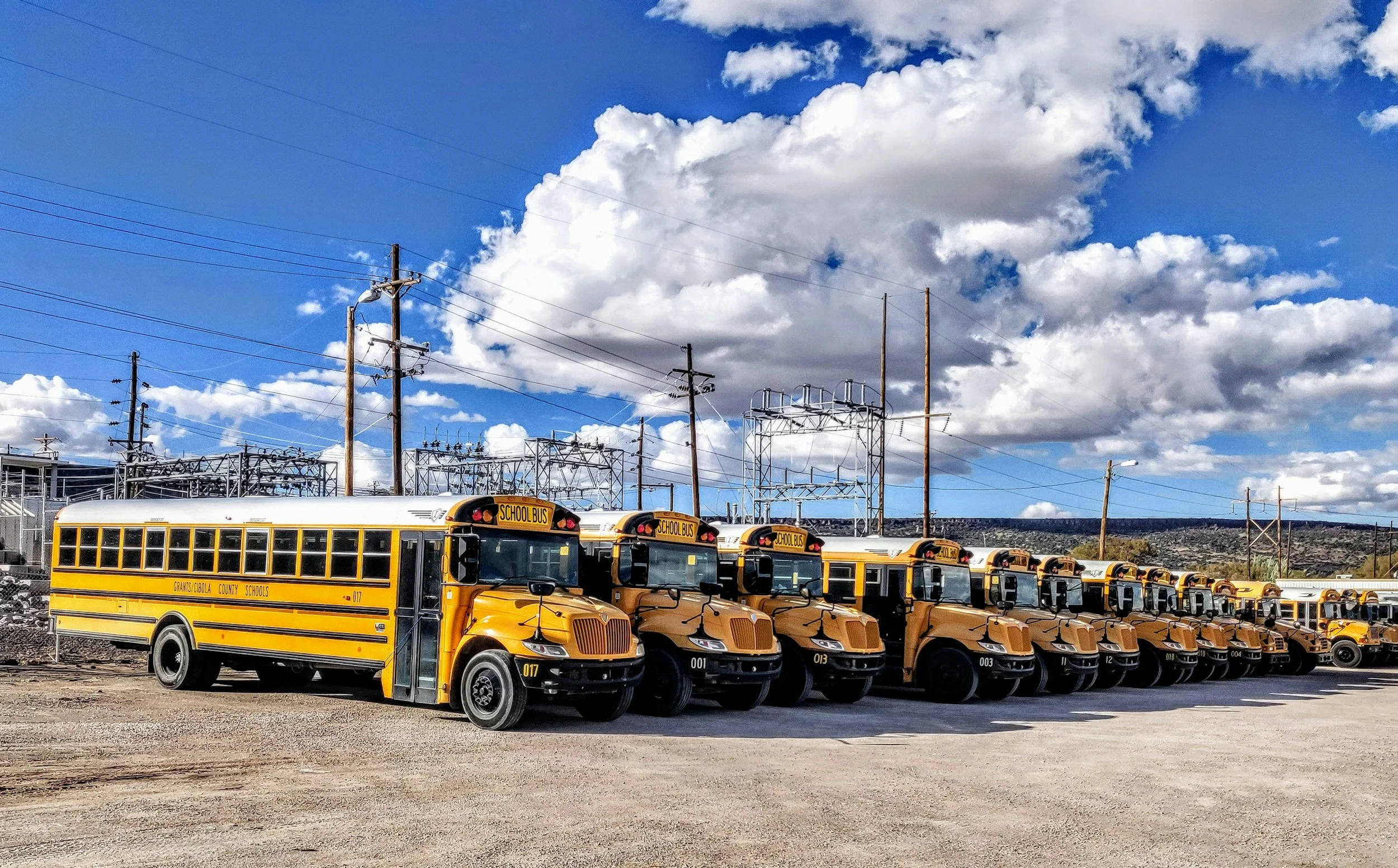Black Educators Combat School to Prison Pipeline By Implementing Holistic Community Backed Approach
Tahyira Savanna is an activist and educator from Los Angeles, California and Brooklyn, New York. She is a co-founder of For Us Nation, a 501c non profit from California with a chapter in New York City. She graduated from Long Island University with a degree in Public Administration.
“My pedagogical approach is to work against the school to prison pipeline in the communities that I work in, I believe education is your golden ticket.”
Tahyira Savanna goes by the teaching nickname Miss Tee with her students and peers
Breaking the Cycle: Combating the School-to-Prison Pipeline through Education
Wikipedia says, In the United States, the school-to-prison pipeline (SPP), also known as the school-to-prison link, school–prison nexus, or schoolhouse-to-jailhouse track, is the disproportionate tendency of minors and young adults from disadvantaged backgrounds to become incarcerated because of increasingly harsh school and municipal policies. Additionally, this is due to educational inequality in the United States. Many experts have credited factors such as school disturbance laws, zero-tolerance policies and practices, and an increase in police in schools in creating the “pipeline”. This has become a hot topic of debate in discussions surrounding educational disciplinary policies as media coverage of youth violence and mass incarceration has grown during the early 21st century.
In the landscape of education today, one of the most alarming trends is the school-to-prison pipeline, a disturbing phenomenon where students, particularly those from marginalized communities, are funneled out of educational institutions and into the juvenile and criminal justice systems. This pattern not only jeopardizes the futures of countless young people but perpetuates cycles of poverty, trauma, and disenfranchisement. My pedagogical approach centers on actively resisting this pipeline, reaffirming my belief that education is the golden ticket to opportunity, empowerment, and liberation.
Understanding the School-to-Prison Pipeline
The school-to-prison pipeline is not merely a set of statistics; it embodies the countless stories of young individuals whose potential has been stifled by harsh disciplinary measures, inadequate resources, and systemic inequities. High rates of suspension and expulsion, along with the increasing presence of law enforcement in schools, create an environment where students, particularly those from communities of color, often feel criminalized rather than supported. This trajectory can lead to academic failure, dropout rates, and ultimately, incarceration.
Education as Liberation
My commitment to combating the school-to-prison pipeline stems from a profound belief in the transformative power of education. Education is not just a means to acquire knowledge; it is a vehicle for social change. By providing students with the tools they need to think critically, advocate for themselves, and envision a brighter future, we can reshape their narratives from one of despair to one of hope.
To this end, I focus on creating a nurturing and inclusive classroom environment that prioritizes social-emotional learning alongside academic achievement. Here are some key strategies I employ:
Restorative Justice Practices: Instead of punitive disciplinary actions, I advocate for restorative justice approaches that foster dialogue, empathy, and accountability among students. This not only helps to mend relationships but also encourages students to take responsibility for their actions in a constructive way.
Culturally Relevant Curriculum: Integrating culturally relevant materials into the curriculum helps students see themselves reflected in their education. This connection fosters a sense of belonging and encourages engagement, which is vital for academic success.
Mentorship and Support Systems: I believe in the importance of mentorship programs for at-risk youth. Connecting students with positive role models within their communities can significantly reduce feelings of isolation and promote resilience.
Empowerment through Advocacy: I empower students to become advocates for themselves and their communities. Encouraging them to voice their concerns and participate in decision-making processes helps instill a sense of agency, dismantling the victim mentality often perpetuated by systemic injustices.
Family and Community Engagement: Education extends beyond the classroom. Building strong partnerships with families and communities is essential for addressing the myriad challenges students face. I engage parents and community members in discussions about educational expectations and resources, fostering a collaborative approach to student success.
A Collective Responsibility
Combating the school-to-prison pipeline is not solely the responsibility of educators; it requires a collective effort from policymakers, community organizations, and society at large. It is imperative that we advocate for reforms that support equitable educational practices, such as lowering student-to-counselor ratios, increasing access to mental health resources, and implementing policies that prioritize restorative over punitive measures.
How we get to the future
As I continue to navigate the complexities of education in underserved communities, my resolve to fight against the school-to-prison pipeline remains steadfast. Education is indeed the golden ticket, capable of opening doors and offering pathways to success. By embracing a holistic, compassionate, and proactive educational approach, we can disrupt the cycle of disenfranchisement and help pave the way for a brighter, more equitable future for our youth. Together, we can transform education from a system of marginalization into one of empowerment that uplifts every student, allowing them to envision and achieve their dreams.




